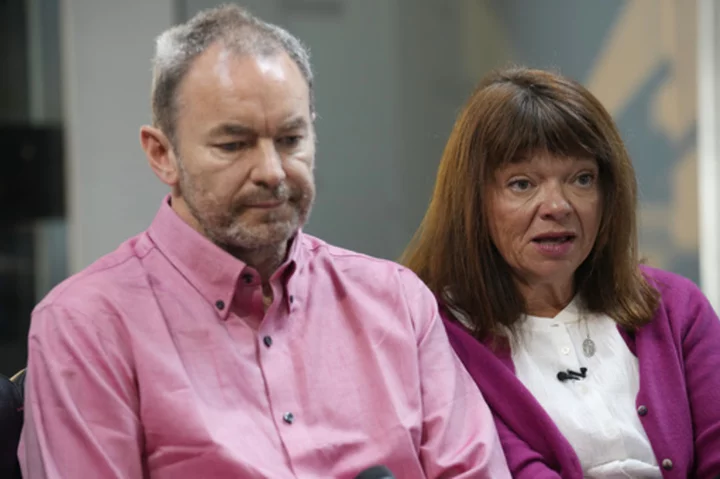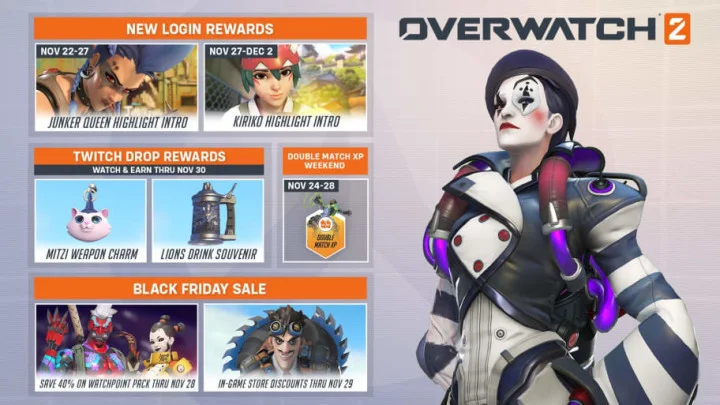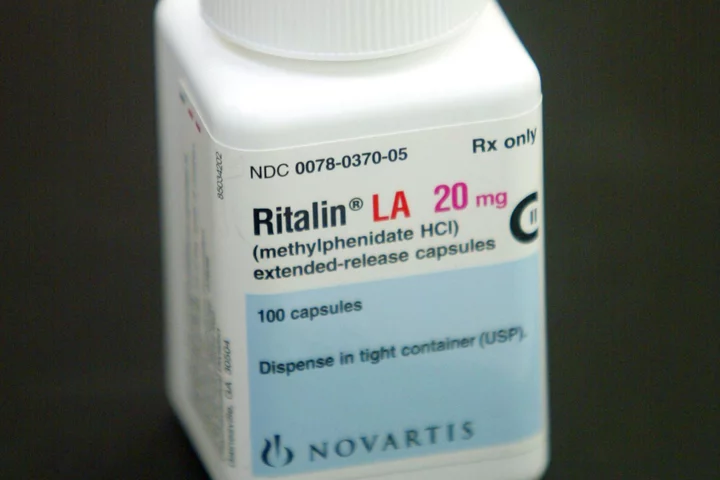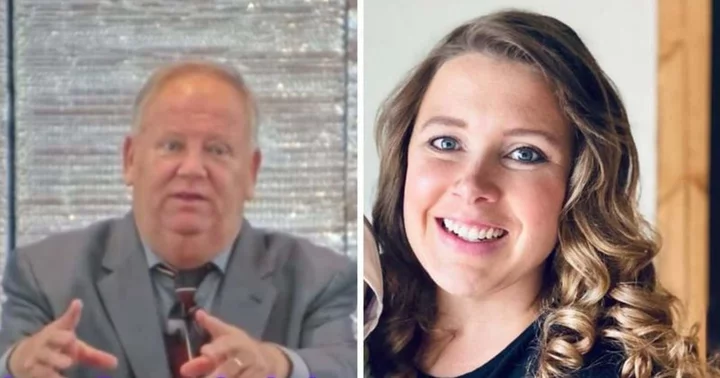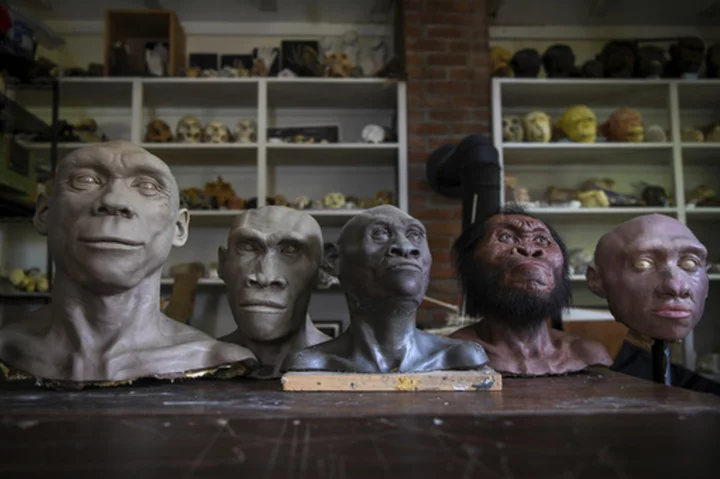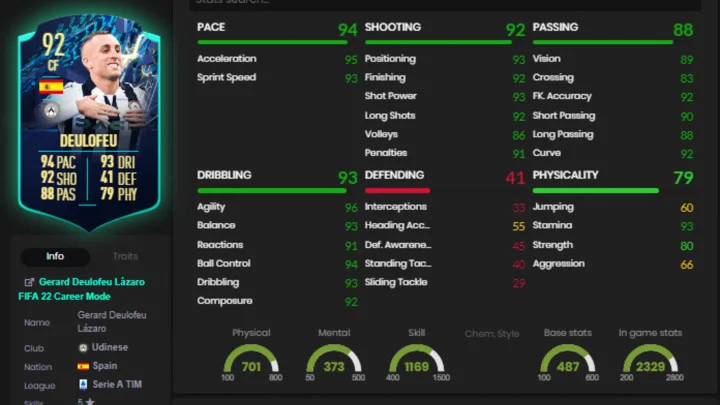DENVER (AP) — The parents of a 22-year-old Colorado man killed by a sheriff’s deputy while suffering a mental health crisis won a $19 million settlement, the largest in state history, in a deal announced Tuesday. But they also achieved key changes in policing, including crisis intervention training for officers responding to people in distress which, they hope means no one else will have to die like their son.
The shooting of Christian Glass after his SUV became stuck in the mountain town of Silver Plume last year drew national attention and prompted calls to reform how authorities respond to people with mental health problems.
“If we can save one more family from ever having to go through this, if we can stop some other poor person being gunned down by police for no reason, then that will be the major achievement,” Sally Glass said in an interview along with her husband, Simon Glass.
Under the deal, Clear Creek County, where Christian Glass was killed, will establish a crisis response team and its sheriff’s office will train and certify all deputies in crisis intervention.
The state of Colorado, which had three officers on the scene of Glass’ June 11, 2022, killing, in addition to those from local agencies, will create a virtual reality training scenario for the Colorado State Patrol based on the shooting that will focus on de-escalation in stressful situations involving officers from different agencies. The program focuses on encouraging officers to intervene if they think a fellow officer is going too far or needs to step away from an incident.
“Speak up and say something and stop the onslaught,” said Simon Glass. “None of them did what they should have done that night, and if they had, he’d be alive.”
There was no indication from body camera footage that officers from other agencies attempted to stop the breach of the vehicle before Christian Glass was shot.
“It was like a group bullying situation,” Sally Glass said.
First and foremost, however, Simon and Sally Glass wanted to clear the name of their son, a creative and gentle artist who was born in his father's native New Zealand. At one of their son's funerals, held in the England where Sally Glass is from, attendees believed the initial police report — later acknowledged to be misleading — that described Glass as the aggressor.
“It was awful,” said Simon Glass, before Sally Glass added the settlement shows “they lied.”
The sheriff's office also apologized for its initial news release on the shooting, which it said “did not give an accurate description of what occurred" and citing the finding of an outside investigation that found the force with “was not consistent with that of a reasonable officer.”
A park will also be dedicated to Christian Glass. Separately, Colorado Gov. Jared Polis has pledged to display the young man’s artwork on state government property.
The settlement, which the communities of Georgetown and Idaho Springs also joined, is the largest for a police killing in Colorado, topping the $15 million settlement reached in 2021 for the death of Elijah McClain, and also ranks among the top in the United States, Rathod said. His law firm, Rathod Mohamedbhai LLC, also represented the mother of McClain, a 23-year-old Black man who died in 2019 after police in the Denver suburb of Aurora forcibly restrained him and a paramedic injected him with the powerful sedative ketamine.
Former Clear Creek County sheriff’s deputy Andrew Buen, who shot Glass, and his supervisor, former Sgt. Kyle Gould, are both being prosecuted in Glass’ death. A grand jury found they needlessly escalated the standoff after he called 911 for help. Gould was not at the scene but was watching events unfold on body camera footage and authorized officers to remove Glass from his vehicle, according to court documents.
Lawyers for both officers unsuccessfully tried to get the charges against them thrown out. While Buen’s lawyer objected to how information was presented to the grand jury, Gould’s lawyer argued that Glass needed to be evaluated for drugs, alcohol and mental health problems and could not just be allowed to leave. Their lawyers did not immediately return calls or emails seeking comment on the allegations Tuesday.
In response to police killings of people in mental distress, reformers have pushed for crisis intervention and de-escalation training for police and even alternative policing programs where mental health responders are sent to some emergency calls instead of law-enforcement.
Some cities, including Denver, have programs where EMTs and mental health clinicians can be dispatched instead of police. But the area where Glass was killed, about an hour’s drive away from Denver, did not have that option at the time.
Glass, whose car became stuck on a dirt road, initially told the dispatcher he was being followed and made other statements which the indictment said showed he was paranoid, hallucinating or delusional and experiencing a mental health crisis.
Officers’ body camera footage showed Glass refusing to get out of his car, making heart shapes with his hands to officers and praying: “Dear Lord, please, don’t let them break the window.”
After roughly an hour of negotiations, officers decided to breach the car even though there was no indication that Glass posed a danger or was suspected of a crime, according to the grand jury.
Once the window was smashed, body camera footage shows officers peppering Glass with bean bag rounds, then tasing him. Glass brandished a knife in “a state of complete panic and self-defense” before twisting in his seat to thrust a knife in an officer’s direction, according to the grand jury. Buen then fired his gun five times into Glass.
The grand jury found that at no point was the other officer in “imminent danger of being stabbed by Mr. Glass.”
“But for the decision by Gould to remove Mr. Glass from the vehicle there is no reason to believe that Mr. Glass would have been a danger to any law enforcement personnel, to himself, or to any member of the public,” the indictment said.

